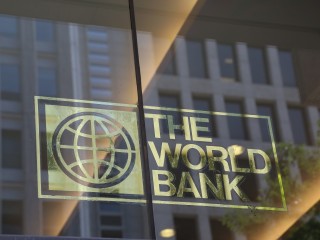About 2 weeks ago, Nigeria received an impromptu loan of $3.4 billion from the International Monetary Fund due to unprecedented economic setbacks from Covid-19 and falling oil prices. In similar lieu, the West Africa state revealed that another set of loans of $1.5 billion from the World Bank and $500 million from the African Development Bank (AfDB) will be validated by the banks anytime between June or July this year.
The disclosure was made by the Director-General of the Debt Management Office, Patience Oniha, while at a live business program on Channels TV station during the weekend.
Patience Oniha emphasized that the pending loans were concessional at a single digit, interest rate of one percent, which is on similar terms with the $3.4billion credit, which Nigeria received from the IMF recently under the Rapid Financing Instrument (RFI).
Other African countries that have benefitted from RFI during the Covid-19 pandemic are Côte d’Ivoire – $886.2million, Egypt – $2.77 Billion, Tunisia – $745 million, amongst others.
According to the explanation of the Director-General of the Debt Management Office, Nigeria wasn’t eligible for IMF’s Rapid Credit Facility (a zero percent loan) which Ghana secured because the African giant is classified by the financial organization as a middle-income country.
President Buhari’s administration is facing a strong bottleneck in generating revenue from the domestic and international market to finance current and capital expenditure on its 2020 National budget of $35 billion.
Additionally, the economy of the African state was wobbled by the outcome of stalled economic activities (shutdown of business and financial operators travel restrictions) caused by an official lockdown in March 2020.
Perhaps at this moment, the best contingency plan to realize the gross projects of the nation is external funding from financial institutions globally.
Patience Oniha made reference to the metrics of the current National budget and the Medium Term Expenditure Framework (MTEF developed by World bank to guide annual budget planning) for the year 2020-2022, where domestic borrowing is summed at about N2.644 trillion, including the N850 billion that will be generated from the indigenous market.
“If we take note of the fact that we have already raised N570 Billion of that, it means that for the rest of the year from May to December, if the necessary approvals are secured, the new domestic borrowing will be about N2.70 trillion.” Mrs. Oniha said.








